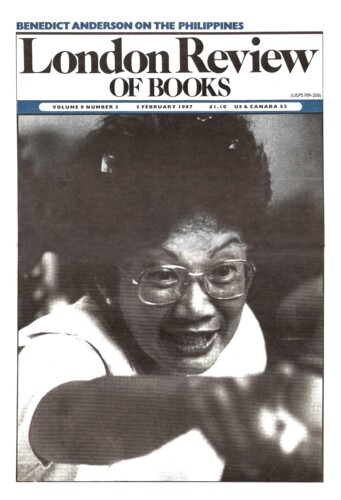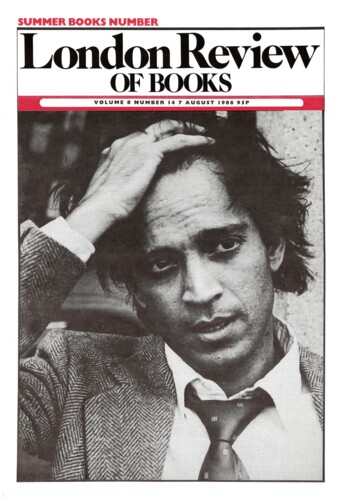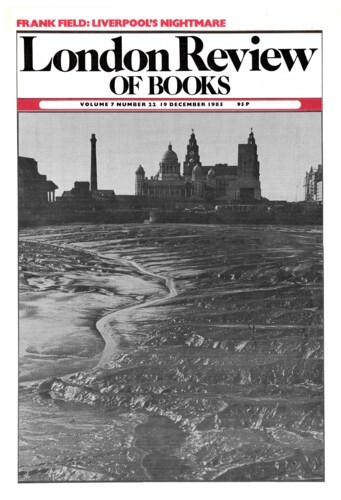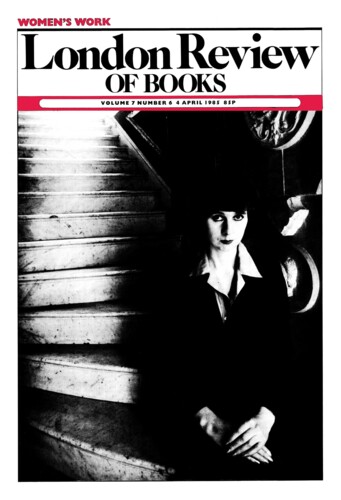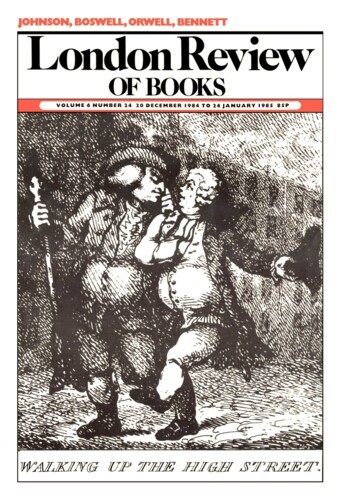Criminal Elastic
Susannah Clapp, 5 February 1987
‘I too work hard, Mrs Oliphant,’ said Queen Victoria to the Scottish novelist. Mrs Oliphant was famous for her productivity. She published biographies of Edward Irving and the Comte de Montalembert, a literary history of England and more than sixty fat novels. From the mid-1850s until her death in 1897 she contributed half a dozen essays a year to Blackwood’s Magazine, delivering on Bunsen, Savonarola, Queen Anne, Marco Polo and Jesus Christ. Her fluency brought her compliments on her ‘industry’ in which she detected ‘a delightful superiority’: she was a connoisseur of condescensions. It also brought her undisguised insults. Stung by Mrs Oliphant’s review of Jude the Obscure, Hardy exclaimed: ‘That a woman who purely for money’s sake has for the last thirty years flooded the magazines and starved out scores of better workers, should try to write down rival novelists whose books sell better than her own, caps all the shamelessness of Arabella, to my mind.’
